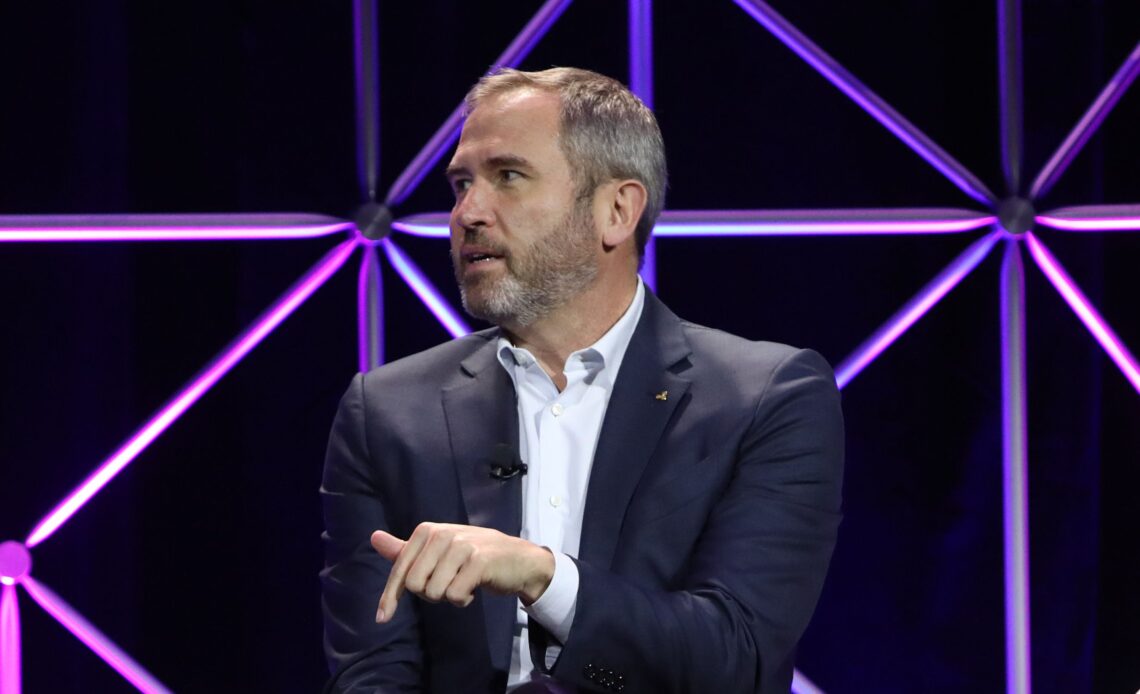Three strikes. But is the SEC out?
Yesterday, the U.S. Securities and Exchange Commission (SEC) dismissed its own case against Ripple Labs CEO Brad Garlinghouse and Executive Chairman Christian Larsen. This is the third recent win for Ripple, the firm closely associated with XRP, in its multi-year legal battle with the securities watchdog.
This is an excerpt from The Node newsletter, a daily roundup of the most pivotal crypto news on CoinDesk and beyond. You can subscribe to get the full newsletter here.
Garlinghouse and Larsen were called “significant security holders” in the SEC’s original lawsuit, filed in 2020 (before Gary Genlser was in his seat as Chairman), which accused the company and principal executives of selling over $1.3 billion in an “unregistered, ongoing digital asset securities offering” of XRP. Further, Garlinghouse and Larsen personally “effected” about $600 million in illicit securities sales, it said.
To say the SEC suit has been a stain on Ripple is an understatement. In the immediate weeks after the suit was filed, nearly all U.S. exchanges delisted XRP. Ripple’s relationships with service providers seemed to suffer, and CEO Garlinghouse began to intimate the firm, founded in 2013 in San Francisco, would relocate abroad.
For a while, it seemed like Ripple may not even survive. The firm was flush enough (thank you programmatic sales, bay-bee), but no one knew what would result from what is still, arguably, the most significant regulatory action taken against a crypto company to date. Firms like Telegram and EOS were sued, they settled and were given “slaps on the wrist” (relative to amount of money involved).
But Ripple decided to fight the civil charges, which could have meant a big win or devastating loss. And it’s likely thankful it did take matters to court, at least at the moment amid a bit of a winning streak.
See also: XRP Registers Biggest Single-Day Gain in 3 Months After SEC Drops Charges Against Ripple’s Leaders
The first and most significant legal victory for Ripple was tremendous, even if it was partial: Judge Analisa Torres found that Ripple had not violated existing securities laws by selling XRP to exchanges and giving retail buyers a chance to invest, but it did break the law when selling tokens directly to institutional…
Click Here to Read the Full Original Article at Cryptocurrencies Feed…
























